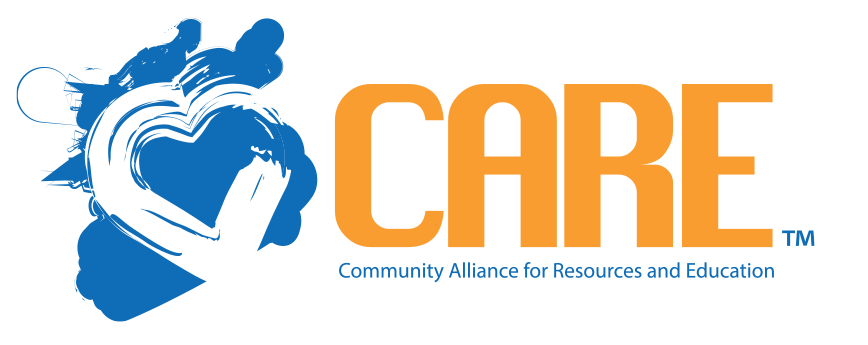Botvin LifeSkills Training Parenting Program (Pending Approval)
Overview
The Botvin LifeSkills Training Parenting Program is an Evidence-Based Curriculum designed to help parents/guardians strengthen communication with their children and prevent them from using drugs. This powerful prevention tool is available in two formats, making it ideal for workshops or individual use at home. This program contains materials and exercises that help parents/guardians teach their children the skills that help them resist the threats of tobacco, drugs, and violence. These tools help parents/guardians prepare their children to successfully transition from adolescence to early adulthood.
Outcomes
Botvin LifeSkills is a Blueprint-certified model program based on more than 40 years of peer-reviewed scientific research. It now holds the distinction of being the top evidence-based substance abuse prevention program in the country.
Effectiveness
Cuts tobacco use by 87%
Cuts alcohol use by 60%
Cuts marijuana use by 75%
Cuts methamphetamine use by 68%
Cuts polydrug use by 66%
Reduces Pack-a-Day Smoking by 25
Lowers risk for Rx & opioid misuse
Decreases use of Inhalants, Narcotics and Hallucinogens
Reduces Violence
Reduces risky driving behavior
Objectives
The LifeSkills Training Parent Program helps to strengthen parenting skills in these areas:
Issues related to adolescent drug abuse
How to be a good role model for your child, ways to convey a clear anti-drug message, and tips for effective family communication and parental monitoring
Helping your children develop personal self-management and social skills
Curriculum
The following table provides a breakdown of the program structure:
7 Lessons
1.5 hour
Once a week
Offered in English and Spanish
Session Break-Down
To introduce participants to the program to understand the challenges of combating substance use. Identifying the group’s concerns and setting the group’s goals.
To help participants develop family communication skills. Analyzing family communication styles; building skills for avoiding misunderstandings and expressing feelings effectively; family goal setting.
To help participants understand the importance of parental monitoring and determine an appropriate level. Assessing family risk factors; establishing rules.
To help participants realize the power of positive role models and how to model positive behaviors. Role modeling drug resistance and healthy stress management; value assessment.
To analyze disciplinary styles and help participants understand the importance of establishing rules. Identifying different parenting styles; establishing rules; compromising; negotiating.
To discuss commonly used substances, their effects, and warning signs of their use. Analyzing adolescent behaviors; identifying signs of substance use; expressing substance-use concerns effectively.
To help participants communicate rules and consequences on substance abuse to their children. Preparing to respond to substance related questions, analyzing rules and the consequences for breaking them.
The project described was supported by Grant Number 1 TP1AH000319-01-00 from the HHS Office of Population Affairs. Contents are solely the responsibility of the authors and do not necessarily represent the official views of the Department of Health and Human Services or the Office of Population Affairs.

